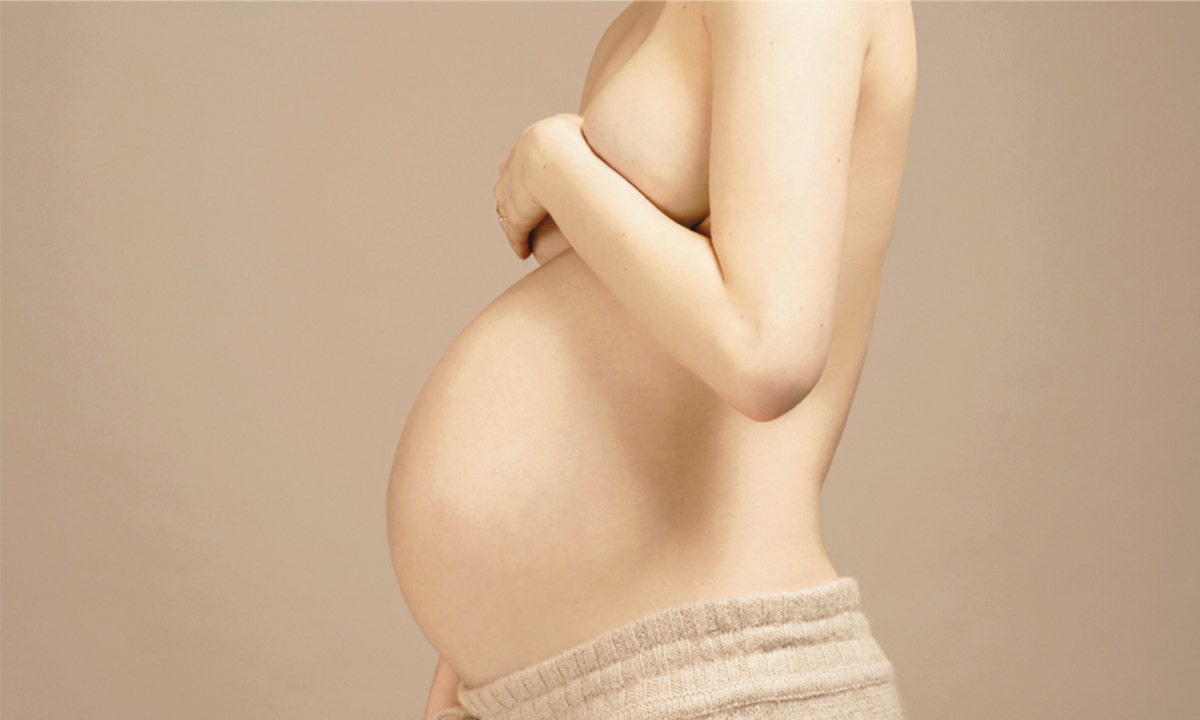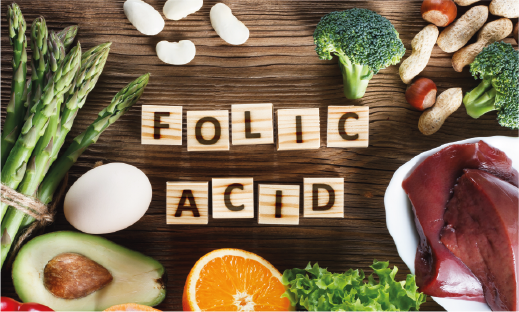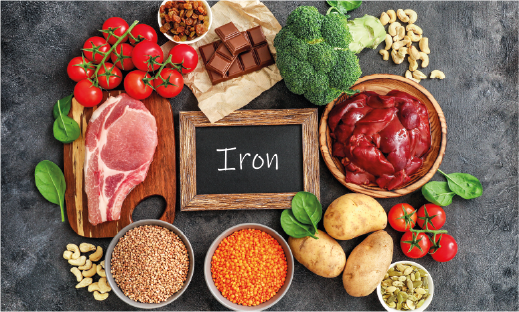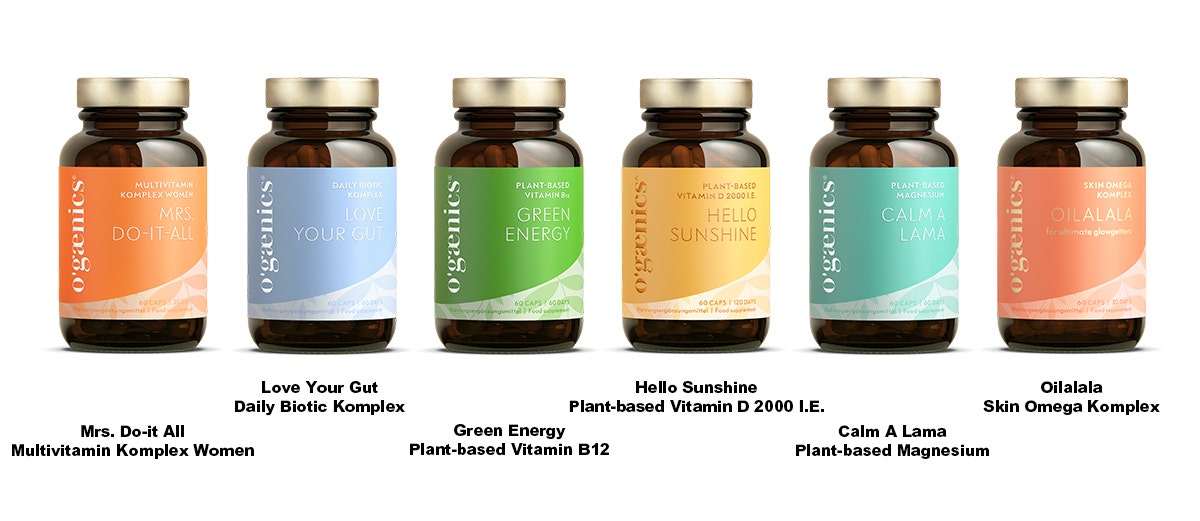How to support your body and your baby when pregnant

A healthy diet is an important part of overall well-being at every stage of life, and especially so if you’re pregnant or planning on having a baby.
Getting the right nutrients will help your body prepare for carrying a baby. And when you’re actually pregnant, eating well and taking certain supplements will not only help your baby grow and develop, but also support your body so that it can stay healthy and strong. Carrying and growing human life takes superhuman effort – it’s a superpower!
ESSENTIAL NUTRIENTS FOR PREGNANCY

You don’t have to follow a specific diet; the main thing is to make sure you’re getting a variety of healthy, natural and unprocessed food. Eat your fill of fruit and vegetables (particularly leafy green ones), as they contain a myriad of vitamins and minerals that are beneficial – pregnant or not – and they will also keep constipation at bay. Protein-containing foods are also important, from beans and pulses to fish, eggs, nuts and meat. Dairy is also a good source of calcium.
Calcium is an important building block for bones and teeth. Mamas-to-be need this as much as their babies do, so that their bones stay strong during pregnancy.

Also vital is folate. Many health organisations recommend taking 400mcg of folic acid every day when trying to get pregnant and for the first 12 weeks of pregnancy. Folic acid can help prevent neural tube defects, including spina bifida. Folic acid is present in green, leafy vegetables, in spreads like margarine and in certain breakfast cereals, but it’s hard to get the right dosage from food alone. This is why health organisations recommend taking supplements.
Iron, meanwhile, is important because it helps your body make extra blood for you and your baby. Most prenatal supplements contain a low dose of iron. Certain health organisations recommend taking around 30mg per day when pregnant, while others recommend getting iron from food alone unless a blood test has shown you are anaemic. Iron-rich foods include beef and chicken liver, kidney beans, lima beans, lentils, oysters, raisins and soy beans.

Other important nutrients for pregnancy include vitamin D – the sunshine vitamin, keeping bones, muscles and teeth healthy while supporting the body’s ability to regulate calcium and phosphate. The recommended minimum is 400 IU (10mcg) per day.
Then there’s magnesium (which is, say the health organisations, essential for bone formation and helps maintain a balanced mental state), and probiotics. The latter is beneficial for the gut health of the mother, and studies also show that, probiotics taken during pregnancy can reduce the risk of the child suffering from allergies after they’re born.
WHAT TO LIMIT, OR JUST PLAIN AVOID
Many health organisations recommend avoiding a few specific foods when you’re pregnant. Most err on the side of safety by avoiding these substances altogether so as to minimise the risk.
For example, the CDC in the US and the NHS in the UK both recommend avoiding alcohol altogether when pregnant in order to avoid harm to your baby, as there’s no evidence on what would be a safe amount of alcohol to drink.
They also suggest limiting your caffeine intake to 200mg per day. That’s one to two cups of coffee a day (filtered coffee contains more caffeine than espressos or instant coffee), or two to three cups of tea. Chocolate also contains some caffeine.

It’s recommended that you avoid raw meat (cured meats included) because of the risk of toxoplasmosis, and soft cheeses because of the risk of listeria, both of which can lead to miscarriage. Raw seafood can cause food poisoning, which will affect you as the mother, while certain fish – cooked or raw – can contain high levels of heavy metals such as mercury, so it’s recommended that you limit your consumption of these. Tuna is one example: you can eat it, but the NHS, for example, recommends no more than two portions a week.
As mentioned above, Vegetables and fruits are good for your health during pregnancy. However, you should make sure that raw vegetables are washed thoroughly. Pesticide residues and the like can easily cross the placenta barrier and thus also enter the baby's organism. In order to protect yourself and the baby from possible germ contamination, please avoid consuming ready-to-eat salads, pre-cut fruits and vegetables, and unheated sprouts.
Ultimately, it’s your decision what to eat. Be aware of the facts and the recommendations, and then make your own judgment about whether to eat something or not.
THE RIGHT SUPPLEMENTS
Eating a healthy diet and avoiding certain foods is the main thing. In addition, you can take supplements if you feel you’re not getting what you need from your diet.
Ogaenics has a potent range of plant-based supplements that can support your well-being by providing you with minerals and vitamins you may be unable to get through your diet alone. Here’s a list of our favourites:

1. MRS DO-IT-ALL MULTIVITAMIN KOMPLEX WOMEN 18+ – as the name suggests, this supplement covers all the bases. It’s the ideal multi-vitamin for pregnancy and beyond, containing 18 natural vitamins and trace elements, including folate and iron from 100% organic fruits and herbs.
2. LOVE YOUR GUT DAILY BIOTIC KOMPLEX – a pre- and probiotic with 10 billion strains of live bacteria that will nourish your gut, supporting great skin, digestive health and a strong immune system.
3. GREEN ENERGY PLANT-BASED VITAMIN B12 – plant-based vitamin B12 for a natural energy boost. This one is particularly helpful for vegans and vegetarians, as well as those who don’t eat much meat, because B12 is most commonly found in animal products.
4. HELLO SUNSHINE PLANT-BASED VITAMIN D – great for bones and teeth (yours and your baby’s!), this is an effective form of vitamin D sourced from organic mushroom powder. Most supplements use raw animal materials or wool wax as sources of vitamin D.
5. CALM-A-LAMA PLANT-BASED MAGNESIUM – made with wild-harvested green algae, this magnesium supplement can help mums sleep well and stay balanced, while helping babies grow. Studies have also shown that magnesium can help prevent preeclampsia, which can lead to complications in the second half of a pregnancy.
6. OILALALA SKIN OMEGA KOMPLEX – Oilalala is a skin omega complex which provides you with the unsaturated fatty acids Omega 3, 6, 7 and 9. Omegas are utilized by the baby’s brain and retina growing during pregnancy. Besides, the natural vitamin A contained as carotene makes sure that it is pregnancy safe since the body converts only as much carotene to vitamin A as mother and baby need.
